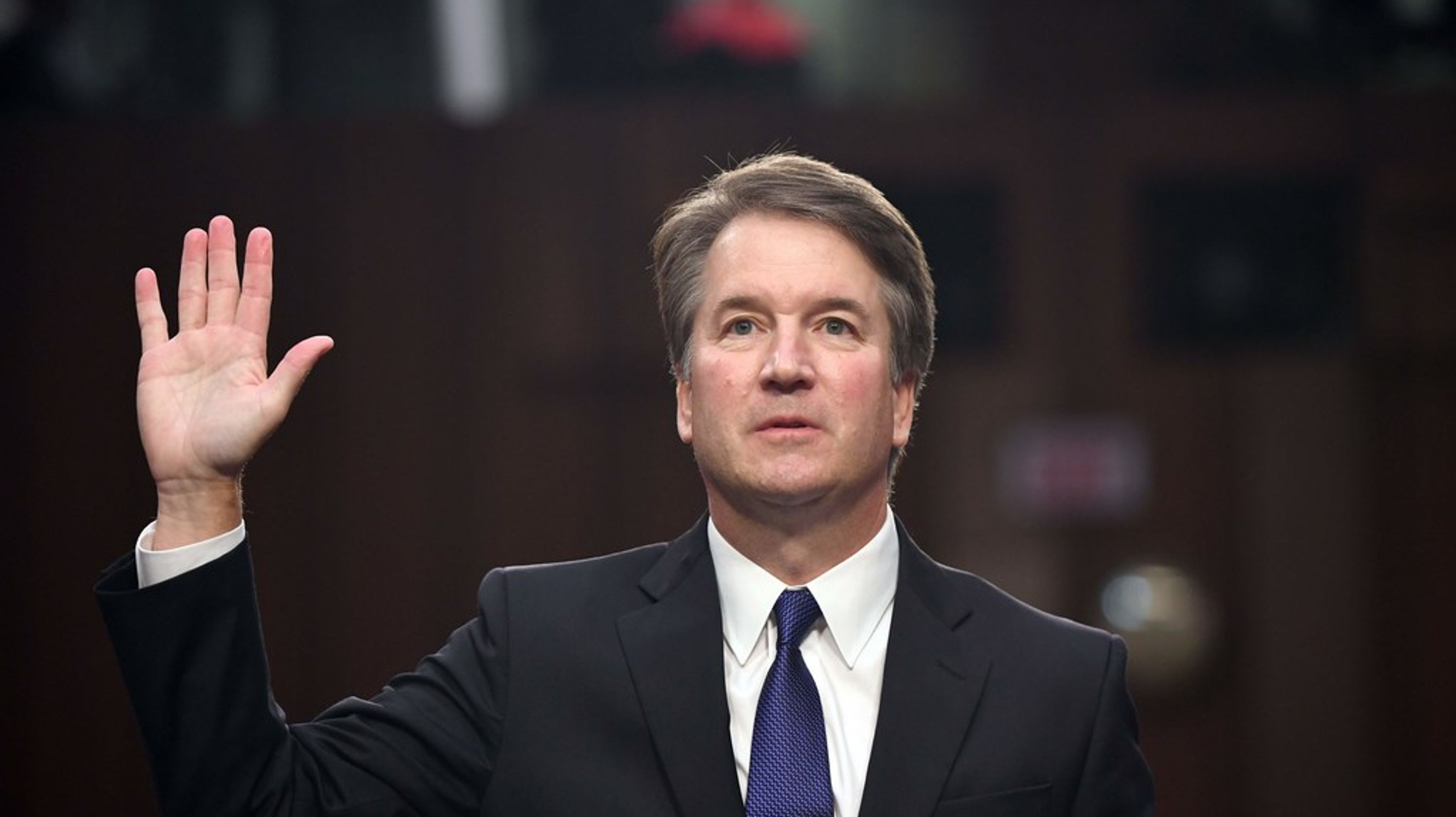By Ian LaCroix
Judge Brett Kavanaugh’s confirmation to the Supreme Court arguably marks the most contentious confirmation process in the nation’s history. While Americans have come to expect impassioned, grandstanding senators and fierce questioning, no one would ever expect this revered process to erupt into such a partisan debacle. Of course, sexual assault accusations should be taken seriously, and the Senate Judiciary Committee and the FBI should do everything in their power to determine the validity of allegations. Although it is important to know the character of a Supreme Court nominee, it is arguably just as important to protect the confirmation process from rotting into a contentious showdown where both sides will do whatever it takes to carry out their agendas. Associate Justice Ruth Bader Ginsburg weighed in on the current confirmation process calling it “wrong” and “a highly partisan show.” Indeed, American jurisprudence certainly has strayed far from the bipartisan votes of Ginsberg (96-3) and Scalia (98-0), despite both justices’ legal philosophies sitting at opposite ends of the spectrum. While the fiasco caused by Kavanaugh’s nomination can be attributed directly to the sexual assault allegations against him, the overwhelming reason for the contentiousness of this process is the seat vacancy which Kavanaugh will fill: that of Justice Anthony Kennedy. Justice Kennedy was notoriously acknowledged as the “swing vote” on the Supreme Court, sitting between the court’s conservative and liberal blocks and making him arguably the most powerful justice on the Supreme Court. Kavanaugh’s confirmation to the court pushes it toward a conservative majority, potentially for decades.
While this debacle directly stems from the sexual assault accusations against Judge Kavanaugh, this process was destined for destruction due to Democrats’ obstructionist tactics and Republicans’ attempt to steamroll a nominee through regardless of the obstacle. Both political parties thought they were doing the right thing to achieve their respective goals, but what they were really doing was rotting the confirmation process to the core, filling it with extreme partisanship devoid of civility and reason, and setting a dangerous precedent for the future.
When U.S. President Donald Trump officially nominated Kavanaugh back in July, Senate minority leader Chuck Schumer immediately issued astatementsaying that he would “oppose Judge Kavanaugh’s nomination with everything [he had].” While it is obvious that the purpose of this statement was rooted in politics with eyes set on the midterms, it was a good indication of where this process was headed. It quickly became apparent that the Democrats’ strategy for Kavanaugh would be todelay or destroy. The Democrats’ strategy for Kavanaugh was always to delay the vote until after midterms when they could potentially have a majority in the Senate, or to destroy Kavanaugh before then, ensuring that the next nominee’s vote would be after midterms. While it is easy to criticize Democrats’ propensity to obstruct prior to hearing from Kavanaugh, it does not seem too outlandish considering the high stakes. With the successful nomination of Justice Neil Gorsuch, Republicans have already demonstrated their ability to confirm a conservative justice without too much backlash. However, the reason for the comparative civility of the Gorsuch nomination was the fact that he was replacing Justice Scalia, and thus not changing the ideological makeup of the court.
For Republicans, consequences for confirming Kavanaugh will likely come in the form of widespread voter turnout in the November midterms, specifically from women voterswho tend to vote Democrat. Although white womenhelped Trump win in 2016, they may not be as willing to vote in the midterms for the party that helped confirmed an alleged perpetrator of sexual assault. As if the GOP did not have enough to worry about given the widespread “get out the vote”campaigns following bitter resentment over the Trump presidency, they will now have to deal with women voters enraged over the Kavanaugh confirmation. The #MeToo movement only adds fire to the vast anti-Trump sentiments among women. That said, this episode will likely draw just as many Republicans to the polls, who are angered by the way Senate Democrats handled this confirmation process.
This historic confirmation process sets a dangerous precedent for all future Supreme Court nominations. Civility was certainly thrown to the wayside by both Republicans and Democrats. Republicans calling for Kavanaugh to be confirmed without hearing from Kavanaugh’s accusers represents a blatant disregard for ethics and morality. At the same time, Democrats’ obstructionism and willingness to label someone guilty of crimes despite the lack of corroboratingevidencerepresents a disregard for civility and the rule of law. Furthermore, both parties have allowed this debate to devolve into a grossly polarized debacle, divorced from any remaining civility in American politics. Unfortunately, it will now be the norm for a party opposing nominees to attempt to destroy their personal and professional lives prior to having a civilized debate and investigation. Hopefully, the exhaustion following this dizzying confirmation process will subdue intense polarization and division between politicians and everyday Americans, at least until midterms.
